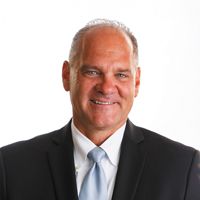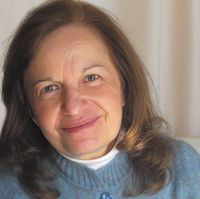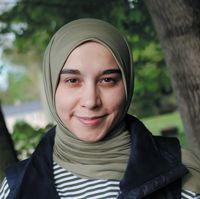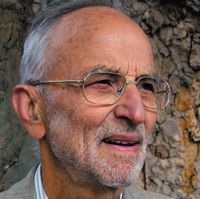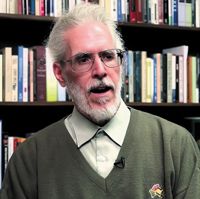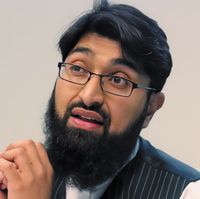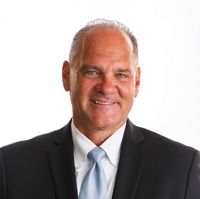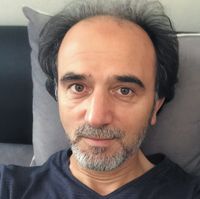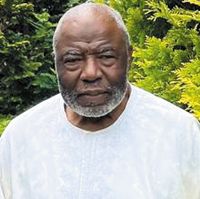
The Fethullah Gülen I Came to Know
The Fethullah Gülen I Came to Know
In This Article
-
Gülen was a scholar who intentionally combined deep spirituality with scientific knowledge.
-
“Power resides in truth,” he often said. And the truth about Fethullah Gülen is that he was a humble and faithful man of God, now embraced in the loving arms of the Eternal.
When I wrote the first critical biography in English of the Muslim scholar and preacher M. Fethullah Gülen, I consciously chose not to meet with him until I had finished a complete first draft of the manuscript. I now regret that choice.
My regret doesn’t stem from scholarly reasons. I had worked in the primary sources, including reading his nearly sixty books of Qur’anic exegesis, theology, cultural commentary, and spirituality. I had scoured the manifold secondary sources about him and the Hizmet (Service) community he inspired. I did dozens of interviews with friends and critics. And then I wrote the book that was published as Fethullah Gülen: A Life of Hizmet—Why a Muslim Scholar in Pennsylvania Matters to the World, now translated into a dozen languages. My regret stems from the fact that I won’t have the chance, this side of heaven, to be in the presence of his thoughtful, warm, generous, compassionate, indeed grace-filled presence.
The night before I met with him for two ninety-minute interviews in 2018, I didn’t sleep well. What I had discovered in my research was that Gülen was a scholar who intentionally combined deep spirituality with scientific knowledge. He had initiated a global movement of Muslims committed to both Islam and the modern world—prayer and pluralism, pilgrimage and education, fasting and planetary flourishing, traditional wisdom and women’s rights. I worried that the person might not match the paper trail. What if he was a jerk?
He wasn’t. I asked him very focused questions about his family, about his philosophy of education, about the Hizmet movement, about politics, and about theology. He answered them all with careful and detailed replies.
He quoted for me the child’s “Song of the Foods” that he sang as a boy with his sister, Nurhayat, and he smiled when he recalled how his brother, Sıbgatullah, tried to sing along “but couldn’t really harmonize very well.”
He denied ever supporting the current President of Turkey, Recep Tayyip Erdoğan: “Of course we attended some of the same events,” he said. But Gülen reiterated what I already knew: he never joined a political party, and he never endorsed any candidate.
Slandered as a scapegoat to solidify Erdoğan’s base across Turkey’s fractious politics, he cried. His tears were not because of the damage to his reputation, which was established securely in his sermons and essays, for anyone who wanted to read them, but he cried because his students and associates had been fired from their jobs as teachers, judges, police, bankers, bakers, builders, and more. They were arrested, imprisoned, exiled on the thinnest of charges. They were his friends, his brothers, his sisters. He cried.
That empathy was one of his most notable, and noble, characteristics. I cried with him.
But we smiled, and even laughed, more. He had a wonderful, dry sense of humor, laced with gentle sarcasm. We recalled how he was blamed for everything bad in Turkey—even soccer matches; conspiracy-thinking run wild.
And we met on the common ground of God—a Christian and a Muslim coming together across our differences. He sought, and forged, good relationships with Jewish, Orthodox, Roman Catholic, Protestant, Kurdish, and Armenian individuals and communities.
I asked him about his motivation—what kept him going throughout the recent struggles? He spoke not of himself, but of seeking God’s pleasure through “müspet hareket,” positive, non-reactive engagement to improve the world. Selfless action was his aim and deepest truth, akin to Gandhi’s satyagraha or truth-force. He lived to please God.
“Power resides in truth,” he often said. And the truth about Fethullah Gülen is that he was a humble and faithful man of God, now embraced in the loving arms of the Eternal.
When we last met, about a year ago, he was very frail, but still mentally sharp. He shared with me a copy of the Albanian translation of my biography of him. And he paid me a compliment I’ll never forget: “Jon, you’ve done more than a thousand Muslims.” We embraced as I left. I suspected I would not seem him again: and I felt a void that has now grown into regret and enduring absence.
May he rest in his well-earned peace—a goal he sought through the practiced, nonviolent means at the heart of Islam, throughout his generative and fruitful life.
